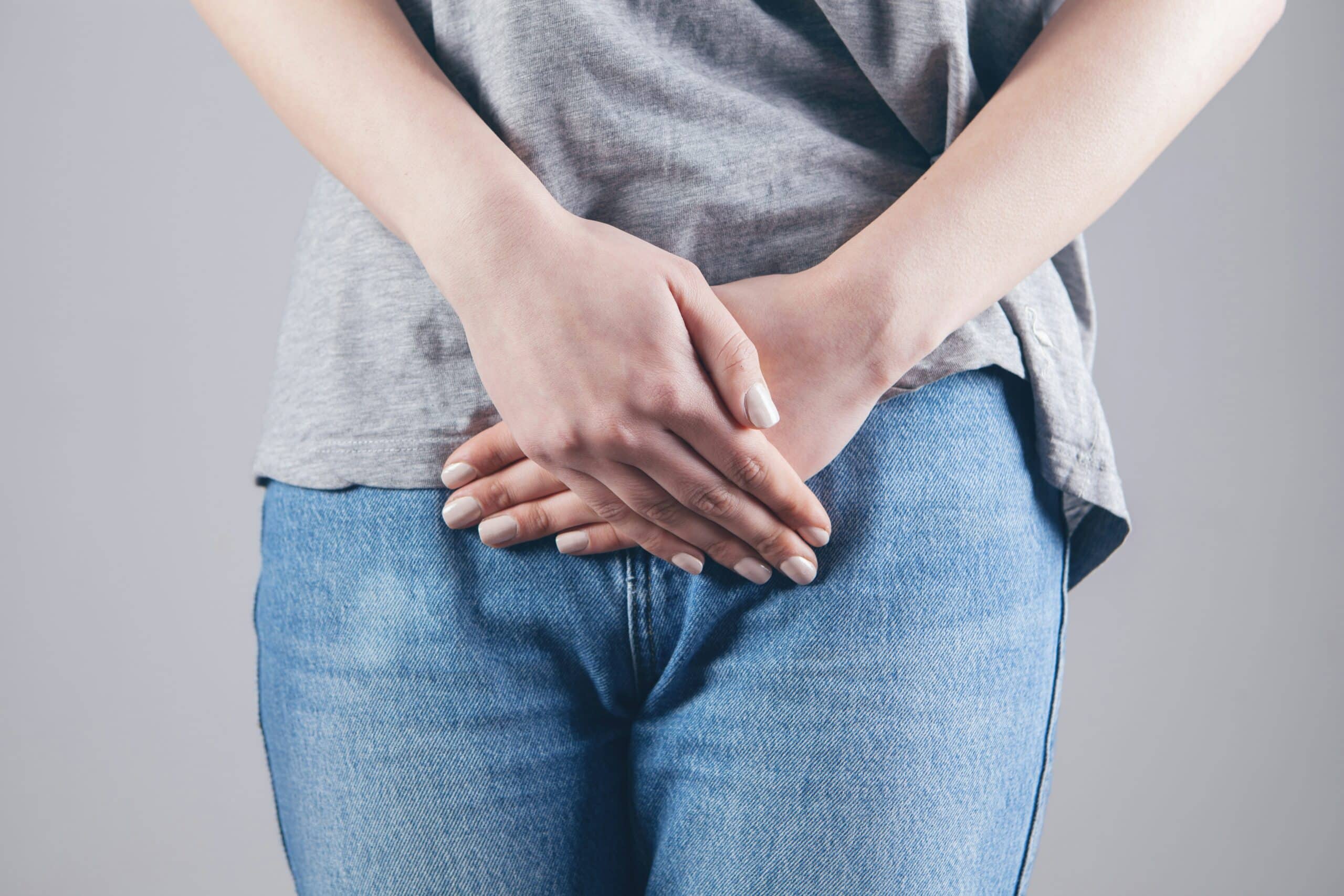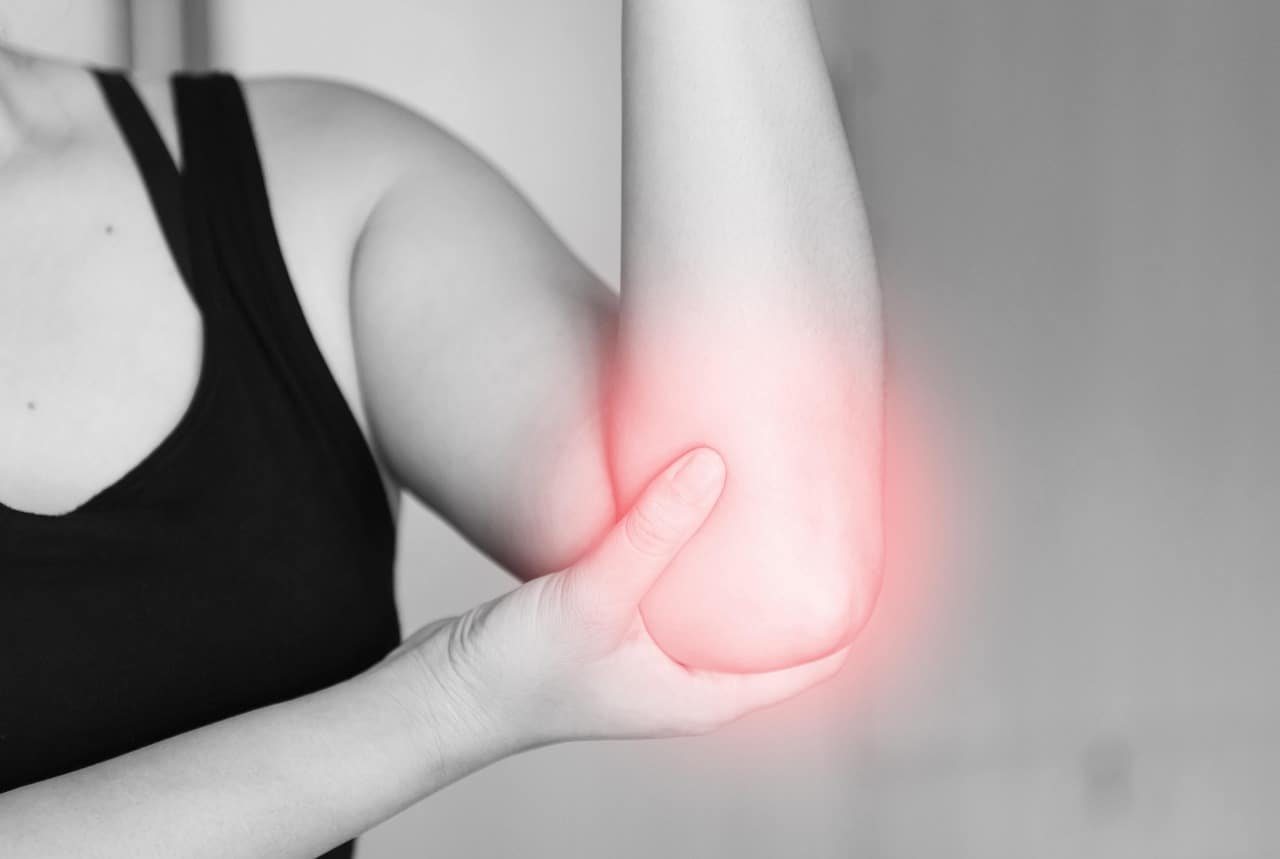Quitting alcohol is one of the best decisions you can make for your health, but it comes with adjustments. While many withdrawal symptoms are widely discussed, one that often catches people off guard is bloating after quitting alcohol.
If you’ve recently stopped drinking and are experiencing bloating, gas, or digestive discomfort, you’re not alone. This is a common but temporary symptom of alcohol withdrawal, caused by changes in digestion, gut bacteria, and hydration levels.
In this guide, we’ll explore:
- Why bloating happens after quitting alcohol
- How long it lasts
- What you can do to relieve symptoms
Understanding these factors can help you navigate recovery from alcohol with confidence and know when it’s time to seek medical advice.
Why Does Bloating Happen After Quitting Alcohol?
Alcohol affects nearly every system in the body, including digestion, hydration, and gut health. When you stop drinking, your body begins to rebalance itself, which can temporarily lead to bloating.
Here are the three main reasons bloating occurs after quitting alcohol:
1. Gut Microbiome Recovery
The gut microbiome refers to the trillions of bacteria that help regulate digestion and overall health. Long-term alcohol use disrupts this balance, leading to:
- An overgrowth of harmful bacteria
- Reduced levels of beneficial gut bacteria
- Increased inflammation in the digestive tract
When you stop drinking, the gut microbiome starts healing. However, as it repopulates and restores balance, you may temporarily experience:
- Increased gas and bloating
- Changes in digestion and bowel movements
- Mild stomach discomfort
2. Inflammation and Digestive System Adjustments
Alcohol is harsh on the digestive system and can cause:
- Gastritis (inflammation of the stomach lining)
- Slowed digestion and disrupted metabolism
- Malabsorption of nutrients
After quitting alcohol, your digestive tract begins repairing itself, but this process can trigger bloating and discomfort in the short term.
3. Water Retention and Hydration Imbalances
Since alcohol is a diuretic, it causes excessive urination and dehydration. When you stop drinking, your body retains water to compensate, leading to temporary bloating and puffiness.
Once your body regulates hydration levels, the bloating should subside.
How Long Does Bloating Last After Quitting Alcohol?
The timeline for bloating after quitting alcohol varies from person to person, depending on factors like how much and how long you drank, your overall health, and your diet. Still, there’s a general pattern many people experience.
Days 0–3: The First Wave of Bloating
Bloating often sets in within the first few days of quitting alcohol. Because alcohol is dehydrating, your body begins retaining extra water once you stop drinking. This rebound effect can cause puffiness, digestive discomfort, and that heavy, bloated feeling.
End of Week 1: Gut Bacteria Start to Rebalance
Around the end of the first week, your gut begins adjusting. The bacteria in your digestive tract start to rebalance, which is a positive step toward healing. However, this shift can temporarily lead to more bloating, gas, or changes in bowel movements.
Weeks 2–4: Inflammation Decreases
By the second to fourth week, bloating usually begins to ease. Inflammation in your digestive system starts to settle, hydration levels return to normal, and digestion gradually improves. Supporting your body with nutrient-rich foods, plenty of water, and gentle exercise can help speed up this recovery stage.
After One Month: Symptoms Should Improve
After about a month, most people notice that bloating has either gone away or is significantly reduced. If it lingers beyond four weeks, it may point to something other than alcohol withdrawal—like irritable bowel syndrome (IBS), food sensitivities, or lasting effects from long-term drinking. In that case, it’s best to consult a healthcare professional for guidance.
How to Reduce Bloating After Quitting Alcohol
Although bloating is a normal part of alcohol withdrawal, you don’t have to suffer through it. Here are practical steps to reduce bloating and support your recovery:
1. Adjust Your Diet
What you eat has a direct impact on how your digestive system works during recovery. Alcohol can throw off the balance of stomach acid and gut bacteria, which makes bloating worse. Choosing foods that are gentle on the stomach and cutting back on the ones that trigger gas or inflammation can go a long way toward easing discomfort.
Here’s a breakdown of what to eat more of — and what to avoid:
Eat more:
- Lean proteins (chicken, fish, turkey) for muscle recovery
- Easily digestible grains (white rice, oatmeal, quinoa)
- Low-fiber vegetables (zucchini, carrots, spinach)
- Probiotic-rich foods (yogurt, kefir, sauerkraut) to restore gut bacteria
- Anti-inflammatory foods (berries, turmeric, ginger) to soothe digestion
Limit or avoid:
- Gas-producing foods (beans, lentils, onions, dairy)
- Carbonated drinks (soda, sparkling water)
- Processed foods high in sugar and sodium
2. Stay Hydrated
Alcohol dehydrates the body, and that imbalance can cause water retention and swelling once you stop drinking. Drinking enough fluids helps flush out toxins, regulate digestion, and reduce bloating over time. Staying hydrated also supports your body as it repairs itself in the early stages of sobriety.
To stay on track with hydration:
- Drink at least 8–10 glasses of water per day
- Avoid drinking large amounts at once—spread intake throughout the day
- Try herbal teas like peppermint or ginger, which help with digestion
3. Exercise Regularly
Movement keeps the digestive system active, which helps reduce gas buildup and water retention. After quitting alcohol, your body may feel sluggish, and light exercise is a simple way to boost circulation, improve metabolism, and relieve bloating. Even gentle activity can make a noticeable difference.
Incorporate exercise into your daily routine by:
- Aim for 30 minutes of movement per day, such as walking, yoga, light stretching
- Avoid prolonged sitting—take breaks to move every hour
4. Manage Stress
Stress and anxiety often increase during withdrawal, and both can disrupt digestion. When your body is tense, the digestive process slows down, making bloating worse. Finding ways to relax not only helps your recovery overall but also allows your digestive system to function more smoothly.
You can ease stress and support digestion with:
- Deep breathing exercises (like box breathing)
- Meditation or mindfulness
- Engaging in hobbies that keep you mentally engaged in recovery
5. Get Enough Sleep
Sleep is when your body restores balance, heals tissues, and regulates hormones — all of which are thrown off by alcohol use. Without enough rest, digestion slows and bloating lingers. Prioritizing quality sleep gives your system the reset it needs to reduce discomfort and speed up recovery.
Promote better sleep by:
- Aim for 7–9 hours per night
- Avoid screens and caffeine before bed
- Keep a consistent sleep schedule
How to Reduce Bloating After Quitting Alcohol
Although bloating is a normal part of alcohol withdrawal, you don’t have to suffer through it. Here are practical steps to reduce bloating and support your recovery:
1. Adjust Your Diet
What you eat can either help or worsen bloating. Making simple dietary changes can support digestion and reduce discomfort.
Eat more of:
- Lean proteins (chicken, fish, turkey) for muscle recovery
- Easily digestible grains (white rice, oatmeal, quinoa)
- Low-fiber vegetables (zucchini, carrots, spinach)
- Probiotic-rich foods (yogurt, kefir, sauerkraut) to restore gut bacteria
- Anti-inflammatory foods (berries, turmeric, ginger) to soothe digestion
Limit or avoid:
- Gas-producing foods (beans, lentils, onions, dairy)
- Carbonated drinks (soda, sparkling water)
- Processed foods high in sugar and sodium
2. Stay Hydrated
Proper hydration is key to reducing bloating and flushing out toxins.
- Drink at least 8–10 glasses of water per day
- Avoid drinking large amounts at once—spread intake throughout the day
- Try herbal teas like peppermint or ginger, which help with digestion
3. Exercise Regularly
Light movement stimulates digestion and reduces water retention.
- Aim for 30 minutes of movement per day, such as walking, yoga, light stretching
- Avoid prolonged sitting—take breaks to move every hour
4. Manage Stress
Stress slows digestion and can worsen bloating. Try these techniques:
- Deep breathing exercises (like box breathing)
- Meditation or mindfulness
- Engaging in hobbies that keep you mentally engaged in recovery
5. Get Enough Sleep
Your body repairs itself during sleep, and poor sleep can slow digestion.
- Aim for 7–9 hours per night
- Avoid screens and caffeine before bed
- Keep a consistent sleep schedule
When to Seek Medical Advice
Bloating is usually a temporary and manageable symptom of alcohol withdrawal. However, see a doctor if:
- Bloating lasts more than a month after quitting alcohol
- You experience severe abdominal pain, nausea, or vomiting
- You have unexplained weight loss or digestive issues
These symptoms could indicate a separate digestive condition that needs medical attention.
How Medical Detox Helps With Bloating During Alcohol Withdrawal
Bloating is a common and uncomfortable symptom during alcohol withdrawal, often caused by inflammation in the gut, fluid retention, and imbalanced electrolytes. When someone stops drinking, the body starts repairing itself — but that process can temporarily disrupt digestion and cause swelling in the stomach and abdomen.
Medical detox helps manage withdrawal symptoms like bloating by stabilizing the body’s systems while alcohol leaves the system. Under medical supervision, patients receive fluids and electrolyte support to prevent dehydration, which can worsen bloating. Medications may also be used to reduce inflammation and improve digestion, while a carefully monitored diet supports liver function and helps the body process toxins more efficiently.
By managing these internal imbalances, medical detox eases discomfort and helps the digestive system start working properly again. The result is less bloating, improved appetite, and a smoother transition into early recovery.
Healing Your Body & Mind After Quitting Alcohol
Bloating after quitting alcohol is frustrating, but it’s a sign that your body is healing. Within a few weeks, digestion should improve, gut bacteria will rebalance, and bloating should subside.
If you’re navigating early sobriety and need professional support, Northpoint Recovery is here to help. Our comprehensive alcohol treatment programs offer:
- Medical detox for withdrawal symptoms
- Nutritional counseling to support your body’s recovery
- Therapy & counseling to address emotional triggers
Take the first step toward recovery. Contact us online today and get the support you need to overcome alcohol addiction.
FAQs About Bloating After Quitting Alcohol
1. Is bloating normal after quitting alcohol?
Yes, bloating is one of the most common side effects people experience in early alcohol withdrawal. It happens as your body adjusts to life without alcohol, rebalances hydration, and repairs inflammation in the digestive tract.
2. How long does bloating last after quitting alcohol?
For most people, bloating improves within two to four weeks. If it lasts longer than a month or gets worse, it may be due to another issue such as food sensitivities, IBS, or long-term liver effects, and you should check with a doctor.
3. What causes bloating after quitting alcohol?
Bloating often results from three main factors: the gut microbiome healing, inflammation in the digestive system, and temporary water retention as your body adjusts to new hydration levels.
4. Can alcohol withdrawal cause stomach pain or gas?
Yes, it can. As your gut bacteria rebalance and inflammation decreases, it’s common to feel some gas, cramping, or mild discomfort. These symptoms usually fade as your digestion improves.
5. Does drinking water help reduce bloating after quitting alcohol?
Absolutely. Staying hydrated helps flush out toxins, regulate digestion, and reduce water retention. Herbal teas like ginger or peppermint can also ease bloating and support gut healing.
6. Can exercise help relieve bloating after alcohol withdrawal?
Yes. Light movement—such as walking, yoga, or stretching—can stimulate digestion and reduce gas buildup. Exercise also improves circulation, which helps your body recover more quickly.
7. When should I see a doctor about bloating after quitting alcohol?
You should seek medical advice if bloating lasts more than a month, comes with severe pain, vomiting, or unexplained weight loss. These could be signs of an underlying digestive issue that needs treatment.
8. How does medical detox help with bloating during withdrawal?
During medical detox, healthcare professionals monitor hydration, nutrition, and digestive function. They may provide fluids, electrolytes, and medication to reduce inflammation and ease bloating while your body adjusts.


